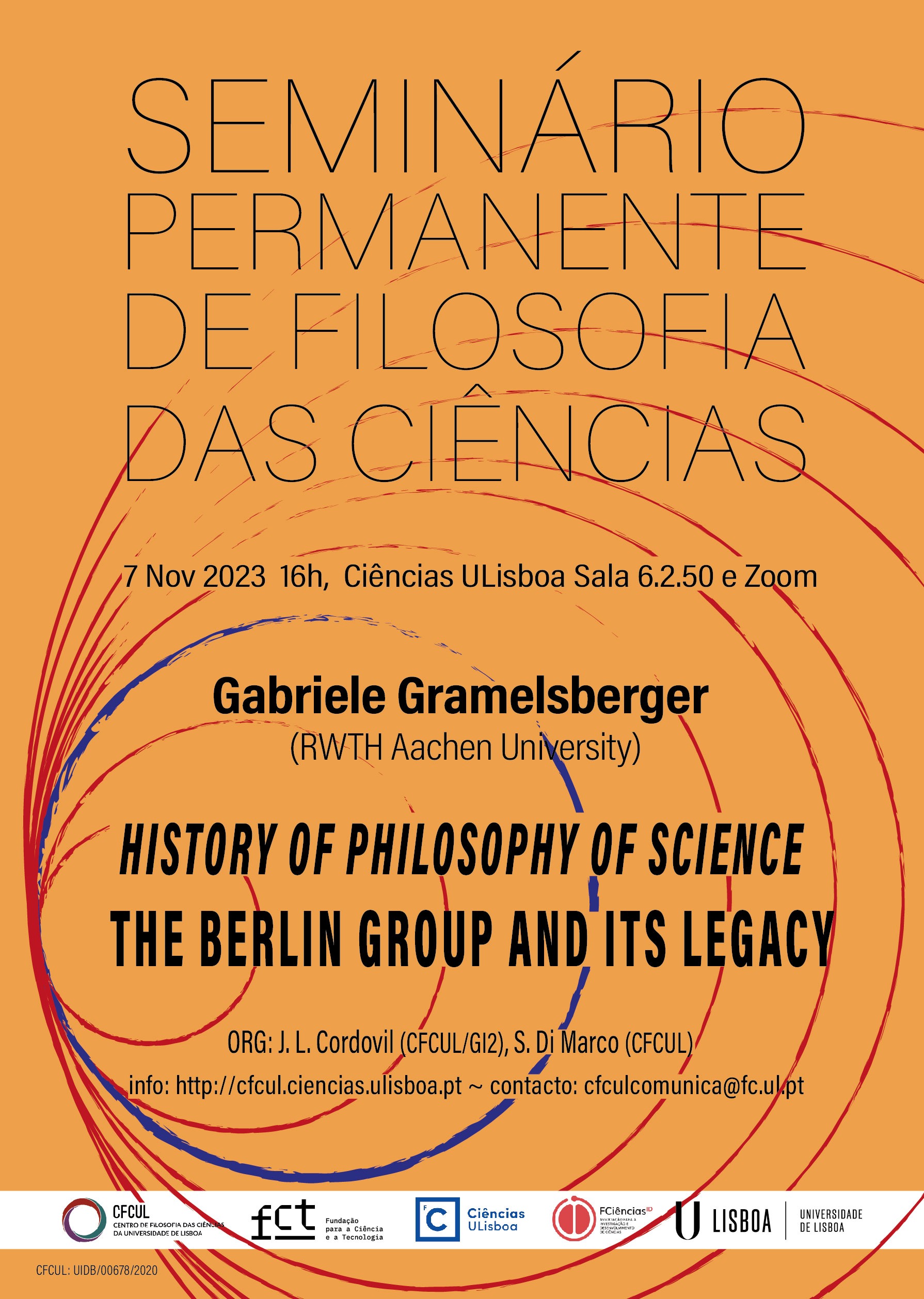
Abstract
At the beginning of the 20th century, the empirical program of philosophy developed in the German-speaking countries and inspired the philosophy of science. This development was jointly driven by two groups, the Berlin Group and the Vienna Circle. While the contributions of the Vienna Circle are well known, little attention has been paid to the Berlin Group, although their influence on philosophy of science was more lasting in the long run. This talk analyzes the historical background of this development and presents the Berlin Group’s engagement with Gestalt theory, which is regaining importance in philosophy of science today.
Bio
Gabriele Gramelsberger is Professor for Theory of Science and Technology at RWTH Aachen University. Her research topic is the digitalization of science, in particular the introduction of new research methods such as computer simulation and machine learning. In 2018 she founded the Computational Science Studies Lab at RWTH Aachen University. She is a member of the North Rhine-Westphalian Academy of Sciences and Arts and Director of the Kate Hamburger Center c:o/re “Cultures of Research.”
Informações
O seminário será realizado presencialmente, na sala 6.2.50, mas será possível assistir também em videoconferência, via Zoom.
Link Zoom
https://videoconf-colibri.zoom.us/j/93642061648?pwd=MHhtTFFudXZpMmo1QVB0emQ3dENIdz09
Password: 519448
Sala 6.2.50
Faculdade de Ciências da Universidade de Lisboa
Edifício C6, Piso 2
Campo Grande, Lisboa
Contacto
cfculcomunica@fc.ul.pt